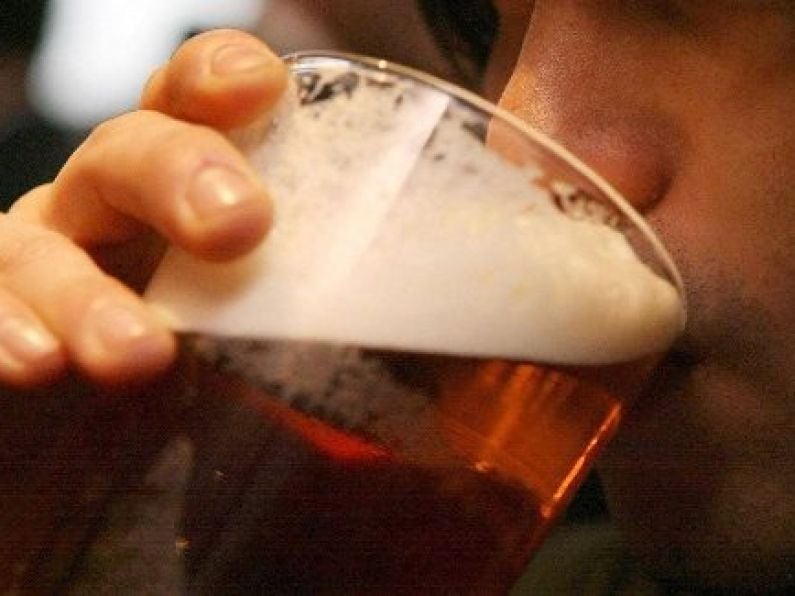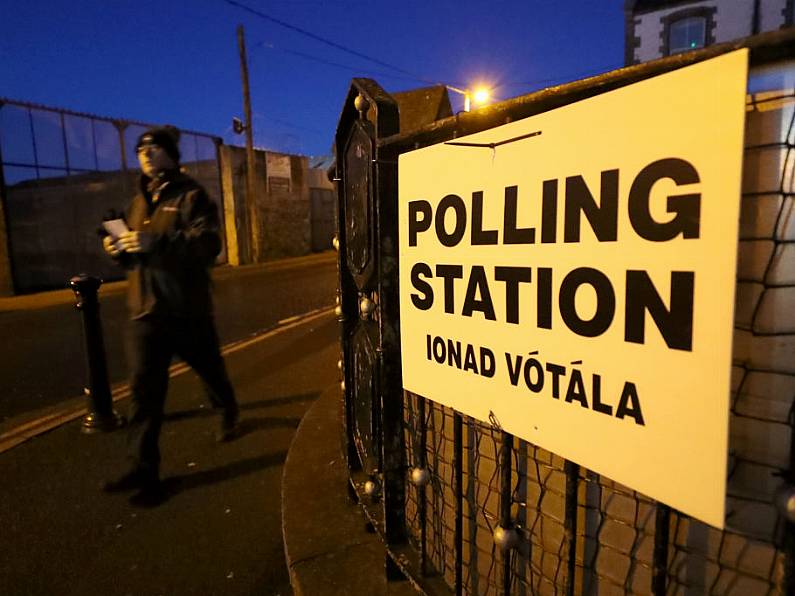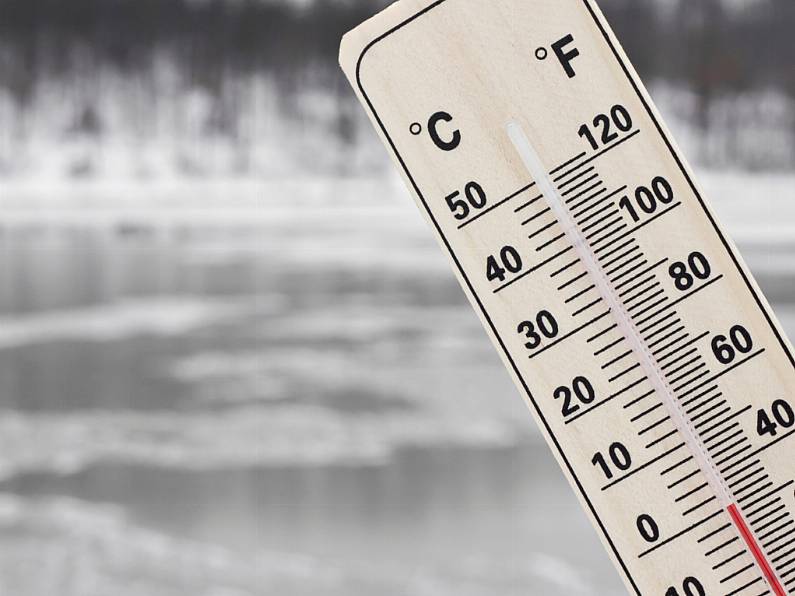There were 1,477 fewer pubs in Ireland last year than there was in 2005 - a rate of two closures every week.
The drop of 17.1% in business across the country means there are 7,140 pubs nationwide - a decline from 8,617 in 2005, according to the Drinks Industry Group of Ireland (Digi).
Every county in Ireland has been impacted by the decline over the last 12 years, with Cork suffering the biggest loss with a drop of 25%.
Meanwhile, the number of off licences jumped by 11.8% since 2005.
Representing a shift in trend, the number of wine-only bars and restaurants rose by 3.1%.
The figures, based on an analysis of the liquor licence figures published by Revenue, show that rural counties saw the most significant drop in pubs, which serve as a major source of employment regionally.
In 2005, there were 7,831 pubs in Ireland outside of Dublin. In 2017, that number dropped by 18.7% to 6,367.
Wexford, Meath and Dublin saw the smallest decline in publican's licences. Wexford pubs dropped from 158 to 157 while Meath was down three pubs from 210 to 207.
In 2017, there were 773 pubs registered in Dublin city and county - down only 1.7% from 786 in 2005.
However, the number of Dublin pubs in 2017 is 4.7% higher than in 2012 - the lowest year for the number of pubs in Dublin.
Padraig Cribben, chief executive officer of Vintners' Federation of Ireland said the reduction in the number of pubs is "worrying".
"These pubs are small businesses, mainly in rural Ireland, that provide significant employment and continue to create jobs in local communities," he said.
"In Mayo alone, hospitality and drinks businesses enable 4,095 jobs while in Donegal, there are 368 pubs and 7,445 jobs supported by the industry. This demonstrates the scale of employment that this sector creates rurally.
"However, the sharp decline in the number of pubs is worrying and is further evidence of the need to monitor the industry and ensure the necessary supports are in place to reverse this trend.
"While the Government committed to assist small rural businesses recover during the recession, business owners in the drinks industry were challenged by two increases in alcohol excise tax in Budget 2012 and Budget 2013.
"Our punitive alcohol excise tax - the second highest in the EU - slows the growth of these businesses and impacts their day-to-day operations and bottom line."
Around 90,000 jobs across the country are dependent on the drinks industry alone. The industry purchases over E1.1bn of Irish produce annually, exports goods worth over €1.25bn, and provides over €2.3bn worth of excise and VAT income to the state.
Digi said it is calling on the Government to reduce the country's high rate of excise tax.
PA






